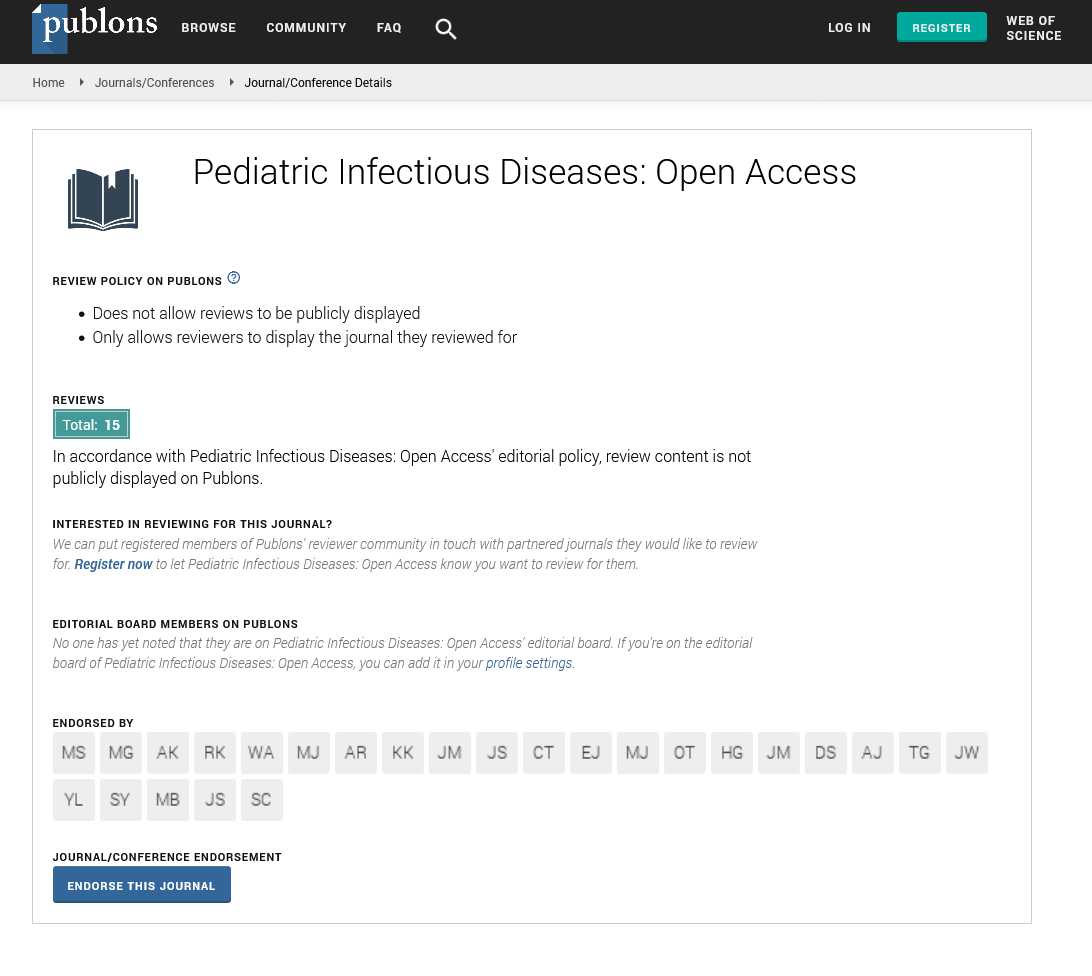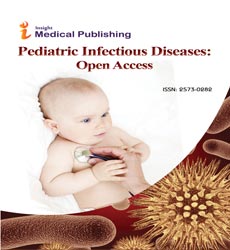Abstract
The Intracellular Signalling that Associated with Influenza A Virus Infection
Influenza-A virus infection induces a variety of intracellular signalling pathways that are either antiviral or required to ensure efficient replication. A prominent cellular antiviral event is the activation of cascade that produces type I interferon’s (IFNs): IFN-α and IFN-β. Consequently, an appreciated number of antiviral proteins that encoded by so-called IFN stimulated genes are activated, such as Mx1, PKR and ISG-15 genes. Conversely, virus-supportive signalling processes activated upon infection are I kappa B kinase/nuclear factor kappa-light-chain-enhancer of activated B cells (IKK/ NF-κB), phosphatidylinositol-3- kinasee/Akt (PI3K/Akt), and the RNA activating factor-1(Raf-1). Specific inhibition of the latter signalling cascade leads to striking impairment of the replication of all influenza A viruses, as a result of nuclear retention of RNPs in late stages of the replication cycle. In this review, the intracellular signaling that associated with IAV infection will be highlighted to realize the appropriate therapeutically strategy against IAV infection.
Author(s):
Hany Khalil
Abstract | Full-Text | PDF
Share this

Google scholar citation report
Citations : 230
Pediatric Infectious Diseases: Open Access received 230 citations as per google scholar report
Pediatric Infectious Diseases: Open Access peer review process verified at publons
Abstracted/Indexed in
- Google Scholar
- China National Knowledge Infrastructure (CNKI)
- Cosmos IF
- Secret Search Engine Labs
Open Access Journals
- Aquaculture & Veterinary Science
- Chemistry & Chemical Sciences
- Clinical Sciences
- Engineering
- General Science
- Genetics & Molecular Biology
- Health Care & Nursing
- Immunology & Microbiology
- Materials Science
- Mathematics & Physics
- Medical Sciences
- Neurology & Psychiatry
- Oncology & Cancer Science
- Pharmaceutical Sciences


